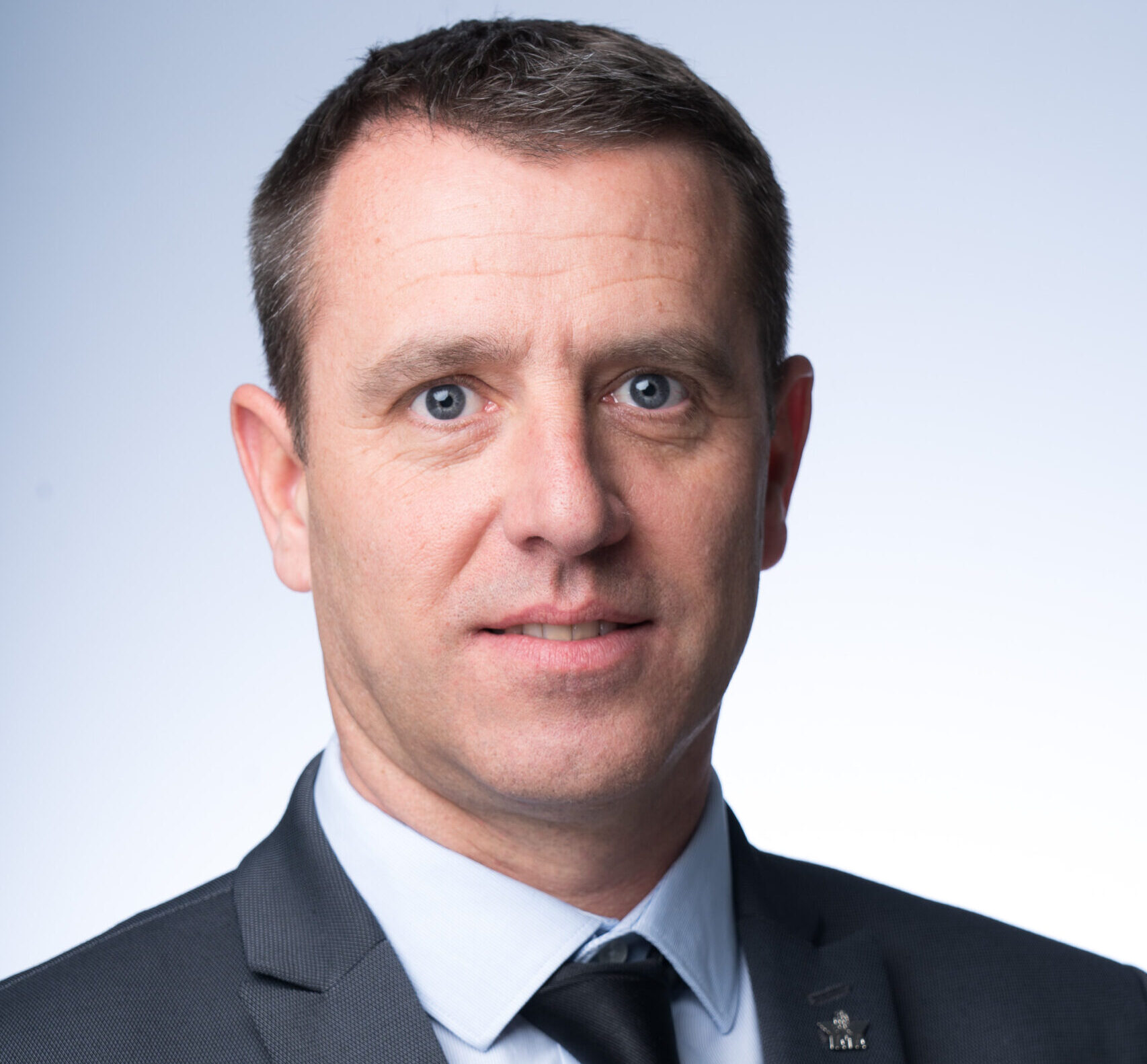IATA and SFC to offer precision in carbon reporting
13 / 03 / 2024

Frederic Leger, IATA senior vice president for commercial products and services.
IATA has announced a partnership with the non-profit organization for climate action, Smart Freight Centre (SFC), to provide more consistent and transparent CO2 emissions calculations for air cargo.
They told the WCS conference in Hong Kong on 13 March that they planned to focus on developing the cargo component of IATA’s CO2 Connect emission calculation platform, launched for passengers in 2022, which uses primary industry data to make carbon calculations.
CO2 Connect considers airline specific fuel burn for full freighter and passenger aircraft carrying belly freight, airline specific cargo load factors, and passenger load factors to determine how many emissions to attribute to cargo.
IATA says that collaboration with the SFC Clean Air Transport Program will promote a common methodology for calculations and ensure that accurate and consistent figures are distributed to the air cargo industry’s major shippers and freight forwarders in air cargo.
The SFC Clean Air Transport programme has over 50 members, including airlines, forwarders, shippers and fuel providers who collaborate in support of aviation decarbonisation.
Frederic Leger, IATA’s senior vice president for commercial products and services, told WCS delegates that the SFC partnership would “help us to accelerate the development of CO2 Connect for air cargo as the most authoritative tool for carbon calculations. This is important for airlines, shippers and their customers who all need accurate calculations based on real data to support their contributions to global decarbonisation efforts.”
Director of SFC’s Clean Air Transport programme, Andrea Schoen, said that the partnership was a key milestone that had been a long time in the making: “The need for unified emissions data is stronger than ever and this will enable cargo transport service purchasers to make well-founded, long-term decisions. Transparency is key to driving decarbonisation investments and activities. Our partnership with IATA will enable effective collaboration by building trust and exchanging information across the value chain which, in turn, will help in accelerating our on-going efforts in decarbonizing the aviation industry.”
IATA and SFC are working with Kuehne+Nagel as a pilot customer for IATA CO2 Connect for Cargo to ensure that the tool meets the needs of forwarders and their customers.
Global head of sustainability air logistics at the Swiss-owned company, Fabiano Piccinno, commented: “As a freight forwarder, we can attest to the value that this collaboration will bring to the industry and to our customers. We’re happy to bring our expertise to the table and we look forward to seeing this project paving the way for future sustainable solutions in aviation.”














